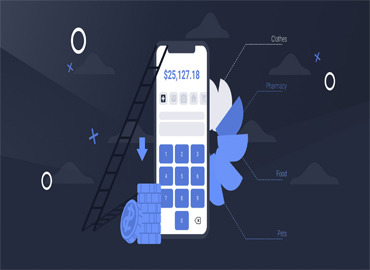Digital technologies have advanced more rapidly than any innovation in our history – reaching around 50 per cent of the developing world’s population in only two decades and transforming societies. By enhancing connectivity, financial inclusion, access to trade and public services, technology can be a great equaliser.
In the health sector, for instance, AI-enabled frontier technologies are helping to save lives, diagnose diseases and extend life expectancy. In education, virtual learning environments and distance learning have opened up programmes to students who would otherwise be excluded. Public services are also becoming more accessible and accountable through blockchain-powered systems, and less bureaucratically burdensome as a result of AI assistance.Big data can also support more responsive and accurate policies and programmes.
However, those yet to be connected remain cut off from the benefits of this new era and remain further behind. Many of the people left behind are women, the elderly, persons with disabilities or from ethnic or linguistic minorities, indigenous groups and residents of poor or remote areas. The pace of connectivity is slowing, even reversing, among some constituencies. For example, globally, the proportion of women using the internet is 12% lower than that of men. While this gap narrowed in most regions between 2013 and 2017, it widened in the least developed countries from 30 per cent to 33 per cent.
The use of algorithms can replicate and even amplify human and systemic bias where they function on the basis of data which is not adequately diverse. Lack of diversity in the technology sector can mean that this challenge is not adequately addressed.
Throughout history, technological revolutions have changed the labour force: creating new forms and patterns of work, making others obsolete, and leading to wider societal changes. This current wave of change is likely to have profound impacts.







